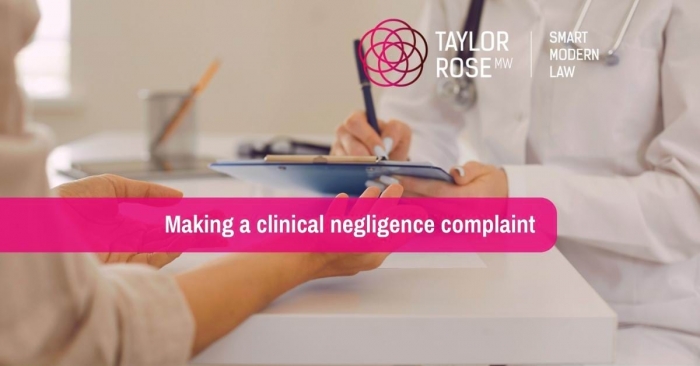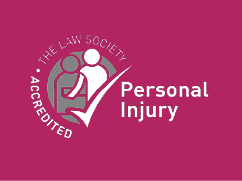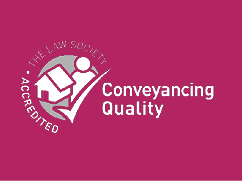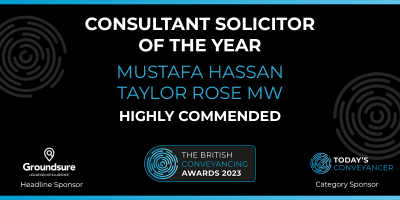Blogs
How to make a complaint about negligent medical treatment?

SARAH CORBETT >
Partner
Wed 29 March 2023
If you are dissatisfied with the service provided by the National Health Service (NHS) to yourself or someone close to you, you have the right to file a complaint.
You can raise a complaint informally with a member of staff or a formal complaint in either a written format such as a letter or email, or some hospitals have online forms that can be submitted via their websites. If your treatment is in a hospital, you can also speak with the Patient and Liaison Service (PALS) team who will listen to your concerns and will be able to advise on how they can help.
You can often find useful information about the ways you can make a complaint on the hospital/GP surgery/Dentist’s website. They will often provide you with an address and email address to send your written complaint to.
You should file your complaint within one year of when the incident happened or when it was discovered. This timeframe may be extended if it is still possible to explore your complaint, however it is best to report it as soon as possible while details are still clear in your memory.
If you are not in a position to make the complaint yourself, anyone can complain on your behalf such as a family member, carer, friend, or your local MP provided they have your permission.
Your right to complain is protected under the NHS Constitution and further details can be found on the Government’s website.
What to Include in your Complaint?
Take time when preparing your complaint and make sure it includes all the questions you want answers to. You can ask more questions later on, but it is always best to try to include as much as possible in your initial complaint.
Some things you might wish to include are as follows:
- Who are you complaining about – is it a specific person/team?
- Provide them with a summary of what happened telling them where and when the events happened.
- What are you complaining about? If a lot has happened, then it is often helpful to include a bullet point list summarising the main issues and a list of questions you want answers to if relevant.
- What you have already done about your complaint – tell them if you have spoken with someone already.
- What result you want/what the hospital could help with? – for example could communication about the waiting list for treatment be better, could they obtain a second opinion for you?
AvMA (Action against Medical Accidents) are a wonderful charity who work tirelessly for patient safety and access to justice, and they have more detailed helpful advice about making a complaint along with a template letter on their website.
What to Expect After Making a Complaint?
After you have made your complaint, you should expect the following:
- Your complaint acknowledged and properly looked into.
- Be kept informed of progress, how long it will take to respond to you and told the outcome.
- You may be offered to attend a meeting to discuss your complaint in person. If you are not given the chance to attend a meeting, you should still be given the opportunity to speak with a manager regarding your complaint, if desired, and to ask any additional questions over the phone or in writing.
- Appropriate action to be taken following your complaint.
How Long Should it take for a Response to be Received?
There is no formal time limit, but you will often receive an acknowledgement letter giving you an indication of how long the organisation’s average response times are. The length of time it takes will depend on a number of things such as how many people are involved, how complicated it is and the availability of those who need to assist with the complaint.
You can chase the organisation up if they are taking longer than they originally advised and if they do so without providing a reason, you can contact the Parliamentary and Health Service Ombudsman (PHSO).
What Next?
It might be that the complaint response satisfies your concerns and you do not feel that you need to take further action. The organisation may have made you an apology and resolved your issues.
You might not be happy with the response and feel you need to take it further. You have the right to ask for an unbiased assessment of your complaint by the PHSO.
![]() Alternatively, you might feel that an apology is not enough, and you wish to seek legal advice about bringing a Clinical Negligence claim. Should you require advice about whether you have a potential clinical negligence claim, please contact our clinical negligence department by clicking the ‘contact us’ button to email the team directly or call the Clinical Negligence department on 020 3540 4444.
Alternatively, you might feel that an apology is not enough, and you wish to seek legal advice about bringing a Clinical Negligence claim. Should you require advice about whether you have a potential clinical negligence claim, please contact our clinical negligence department by clicking the ‘contact us’ button to email the team directly or call the Clinical Negligence department on 020 3540 4444.




















